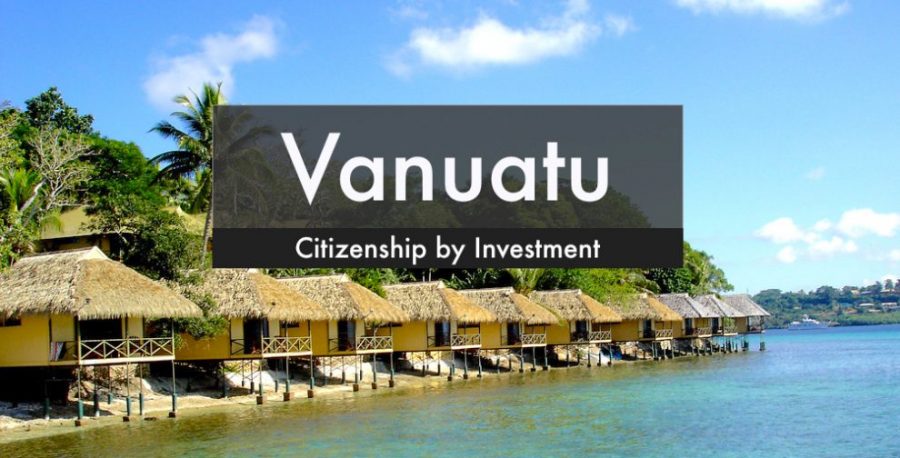Opinion by World Citizenship Council (WCC)
The South Pacific island of Vanuatu is one of the most vulnerable countries in the world to natural hazards.
Comprised of over 80 islands, the country is located on the earthquake-prone “ring of fire” and sits at the center of the Pacific cyclone belt. According to World Risk Report 2019, Vanuatu is the No.1 country in the world having the highest disaster risk worldwide.
Amidst a Covid-19 pandemic, Vanuatu was hit by Cyclone Harold (category 5) one of the strongest storms to hit Vanuatu since Cyclone Pam in 2015 and the country is facing a biggest double disaster ever, with severely damaged hospitals, schools and homes, leaving communities cut off by flooding and roads blocked by fallen trees.
The relief efforts has been hampered causing unprecedented delays to arrival of much needed supplies due to closure of borders and quarantine. Vanuatu so far remains one of the too few countries in the world that is not infected by Covid-19.
Australia, China and other international organizations are assisting thousands of vanuatuans. Australia has provided A$4m to support the relief efforts. Australia has provided the bulk of Vanuatu’s military assistance, training its paramilitary mobile force and also providing patrol boats to patrol Vanuatu’s waters.
Building resilience to natural hazards and climate change is among Vanuatu’s most important development challenges, according to Global Facility for Disaster Reduction and Recovery. Vanuatu is estimated to incur an average of $48 million per year in losses due to earthquakes and tropical cyclones, a figure that is equivalent to 6.6 percent of its GDP.
It is precisely for these reasons, Vanuatu government revived the idea of opening new economic citizenship programs (ECP) to boost revenue after being hit by Cyclone PAM in 2015 which crippled Vanuatu’s infrastructure: an estimated 90 percent of the nation’s buildings were impacted by the storm’s effects bringing damages VT63.2 billion (US$600 million).
In 2015, Vanuatu established Vanuatu Economic Rehabilitation Program (VERP), a fast track citizenship by investment scheme was introduced after Cyclone Pam (March 2015) to raise additional fund for recovery activities. VERP is replaced by Vanuatu Development Support Program (VDSP) and Vanuatu Contribution Program (VCP) in March 2017.
Over the years Citizenship programs have brought prosperity to Vanuatu. So far the programs have contributed to raise over US$200 million revenues for this small south pacific island.
According to IMF report published in 2018, the revenues of 5.7 billion Vatu (US$47m) revenues from the economic citizenship programs (ECPs) was used for unexpected expenses (Ambae disaster relief, and the mandated restoration of public benefit cuts) and early debt repayments (about 3.2 percent of GDP).
Vanuatu CIP (economic) citizens can also contribute to relief efforts by making small donations to organizations that aid in relief efforts. Responsible citizens, can make donations to Vanuatu to relief reaffirming strong genuine ties to the country not just for passports. Vanuatu had issued 4000 passports under CIP as of mid 2019.
The CBI industry can also support Vanuatu citizenship by investment program to help the government to raise more revenues during these desperate times.
Vanuatu CIP legislation of DSP/VCP program currently requires $130,000 contributions and this month Vanuatu announced some important changes to the two programs.
About World Citizenship Council (WCC)
The World Citizenship Council is a non-profit startup founded in 2018, to connect citizenship experts around the world. WCC advocates for research, development and promotion of the citizenship/ residency schemes worldwide. Other issues such as migration, refugees, taxation and dual citizenship will be on the forefront of the WCC.
Membership is free firms and individuals involved in the investment immigration industry.
Register free at https://worldcitizenshipcouncil.org






